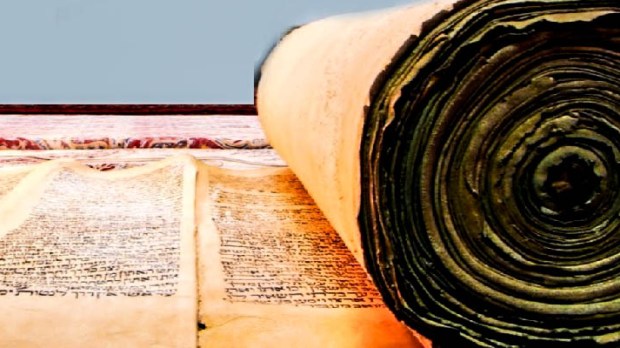The book of Evangelical apologetics sitting on the thrift store shelf looked interesting, because the author starts off describing a dinner with the famous atheist Christopher Hitchens. Entitled The Grace Effect, it promised fireworks.
Hitchens criticizes Christianity by pointing to Christians behaving badly. The writer counters by telling Hitchens that the real question is “What does the Bible say?” He writes: “The idea of the Bible as the sole arbiter of what distinguishes authentic Christianity from counterfeit versions of it, a concept as old as Christianity itself, left him dumbfounded.”
As a longtime and appreciative reader of Hitchens, I seriously doubt the claim could dumbfound someone as smart and widely-read as Hitchens. Even if it did, it’s not just wrong, it’s ridiculous.
The writer’s big mistake about Christianity
The writer gives other evidence of his limitations. Here’s a notably galling one. Much of the book is set in Ukraine and the writer claims that “authentic Christians are but a tiny minority of the population.” By “authentic” he means Evangelical Protestants like him. He says this of a country whose Soviet communist regime brutally persecuted Orthodox and Catholics for seven decades.
Some of those people died for the Faith. Many lost their jobs, their families. Almost all lost any chance at a decent life. They were always in danger. Some went to the horrible prison camps of the Gulag. Now some American who never faced persecution for his faith declares that they and their descendants are not “authentic Christians.” Give me a break.
Back to his big mistake about Christianity. Let’s take the first Pentecost as the beginning of Christianity. I’m sure the writer would agree. The first books of what became the New Testament appeared at least 20 years after that. The last may have been written more than 60 years later. Deciding which books make up what we now call the New Testament and which didn’t took a couple of centuries more.
In the other words, the Church went on for a long time without the most important part of the Bible. The books literally didn’t exist. The Apostles and those they ordained were the ones who carried God’s Word. The author certainly knows this, yet he claims his idea of Scripture as “the sole arbiter” of real Christianity is “a concept as old as Christianity itself.”
That’s ridiculous and the writer should know it’s ridiculous. The creators of Protestantism basically invented the idea almost 1,500 years after Pentecost. No one before that would have described Scripture as “the sole arbiter.” The Reformers needed an authority they could use against the Church. They needed a trump card to play against the Church’s authority. They needed a way to say “The Catholic Church says this but Almighty God says that!” Scripture was the only option they had.
The Church was up and running
The Catholic Church recognizes the obvious fact that the Church was up and running some time before she had any authoritative writings. She also knows that God knew what he was doing. Evangelicals like this writer must think God left the Church to flounder on her own until someone started writing books.
The Second Vatican Council’s statement Dei Verbum explains what God was doing. He made sure “that what He had revealed for the salvation of all nations would abide perpetually in its full integrity and be handed on to all generations.” He did this through the Church Jesus founded.
Jesus “commissioned the Apostles to preach to all men that Gospel which is the source of all saving truth and moral teaching.” The Apostles “by their oral preaching, by example, and by observances handed on what they had received from the lips of Christ, from living with Him, and from what He did, or what they had learned through the prompting of the Holy Spirit.”
Then Dei Verbum explains the place of Scripture. “The commission was fulfilled, too, by those Apostles and apostolic men who under the inspiration of the same Holy Spirit committed the message of salvation to writing.” Note the “too.” Scripture is not “the sole arbiter.” It’s part of a set.
Dei Verbum concludes its explanation: “Hence there exists a close connection and communication between sacred tradition and Sacred Scripture. For both of them, flowing from the same divine wellspring … form one sacred deposit of the word of God, committed to the Church.” Both. One. Committed to the Church.
God knew what he was doing when he founded the Catholic Church. Hers is the only explanation of how we got what we have that makes any historical sense. On second thought, maybe Christopher Hitchens was dumbfounded — because he knew the idea of Scripture as the “sole arbiter” is, well, dumb.

